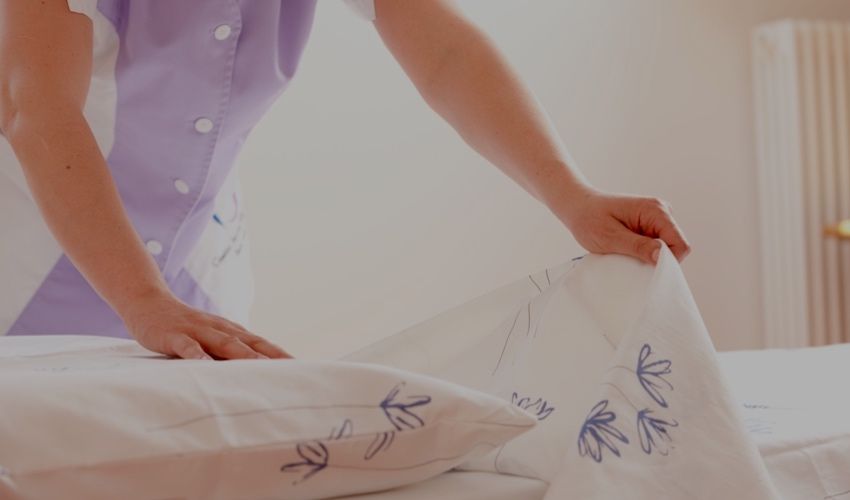

An inquest is being held to determine if the care that an 81-year-old received was correct in the months leading up to his death.
Roland Edmund Baldwyn Childe, who was known as Eddie, passed away at the General Hospital on 13 August 2019.
An inquest this week heard from Dr Michael Richardson, a consultant physician at the Hospital, who said that Mr Childe was taken to A&E from Beaumont Villas care home a month before his death.
He was very ill, with sepsis, a severe chest infection and anaemia. Mr Childe had also suffered from dementia for five years and Dr Richardson said that, at Mr Childe’s age and with his serious medical conditions, a number of factors would have contributed to his death.
However, Mr Childe also had a serious bed sore, which Dr Richardson said was the cause of the sepsis and was “a significant contributory factor to his death”.
Pictured: Yesterday's inquest hearing took place at Morier House.
Although Mr Childe’s sepsis was successfully treated in hospital, he remained unresponsive and unable to feed himself. He developed aspiration pneumonia, which is usually fatal in someone so frail, and it was decided to manage his conditions rather than attempt to prolong his life.
He died naturally, with aspiration pneumonia due to Parkinson’s Disease given as the primary cause.
During the inquest, Mrs Childe, through her lawyer, Advocate Jeremy Heywood, asked Dr Richardson about the severity of the bed sore.
He replied that it had been categorised at the highest level and he had not seen a sore as severe “in a very long time”.
He added that dealing with bed sores was a nursing issue and it would be expected that a care organisation would have the policies in place and expertise to manage them.
He told the inquest that it would have taken a significant amount of Mr Childe’s energy to fight the sepsis that had been caused by the bed sore.
“It takes an awful lot of the body to fight sepsis,” he said. “Having dementia and Parkinson’s would have also affected his ability to swallow, his motivation to eat and sense of thirst. It is often the case that other conditions all contribute to swing things out of control.”
Due to his family’s concerns about the treatment of Mr Childe’s bed sore, which may have been present in November 2018 according to medical records, the inquest was adjourned until a later date, to allow further evidence to be taken.
Comments
Comments on this story express the views of the commentator only, not Bailiwick Publishing. We are unable to guarantee the accuracy of any of those comments.